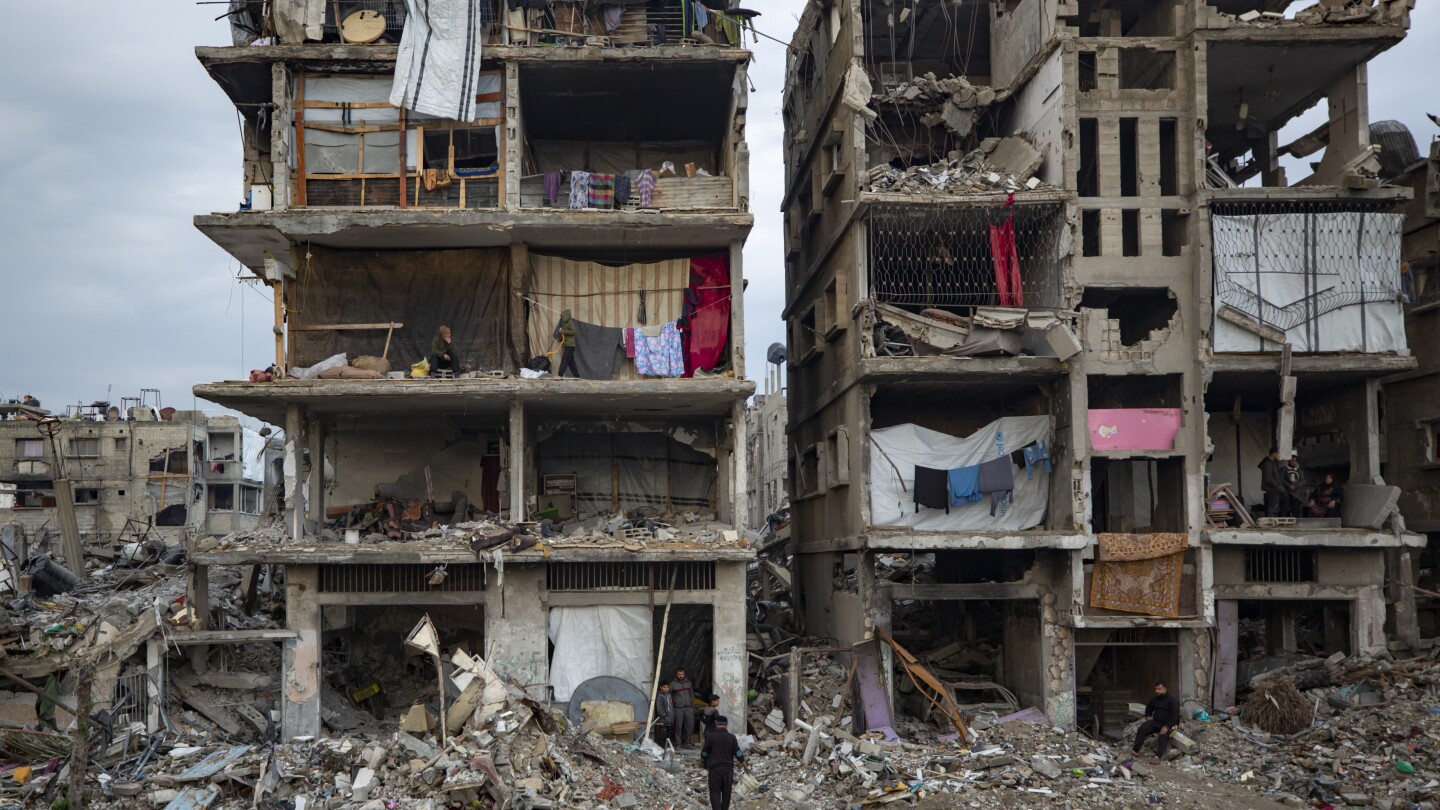Unmanned Threat: Israeli Strikes Target Drone Operators in Gaza
In a recent escalation of military operations, Israeli forces have executed airstrikes in Gaza aimed at two individuals suspected of operating unmanned aerial vehicles (UAVs). This incident not only highlights the ongoing tensions in the region but also raises crucial questions about the increasing reliance on drone technology in warfare. The use of drones has transformed modern combat, providing both strategic advantages and complex ethical dilemmas. As we delve into the implications of this attack, it’s important to consider the broader context of drone warfare in the Middle East.
The Context of Drone Warfare
The emergence of unmanned aerial vehicles has revolutionized military tactics over the past two decades. Initially developed for reconnaissance, drones are now frequently employed for targeted strikes. This shift has been especially prominent in the Middle East, where the asymmetric nature of conflicts often leads to the use of UAVs by both state and non-state actors.
In Gaza, Hamas and other militant groups have adopted drone technology for surveillance and offensive operations against Israeli targets. The ability to conduct strikes with minimal risk to personnel has made drones an attractive option for these groups. Conversely, the Israeli Defense Forces (IDF) have also advanced their drone capabilities to counter these threats effectively.
The Recent Strikes: A Tactical Overview
The Israeli strikes targeting drone operators in Gaza were a calculated response to perceived threats from UAVs. These operations are part of a broader strategy to disrupt the military capabilities of Hamas and other militant factions. The precise targeting of individuals suggests that the IDF is not only focused on the destruction of equipment but also on eliminating those who possess the expertise to operate these systems.
Such operations are often justified under the doctrine of preemptive strikes, where a nation seeks to neutralize threats before they can materialize. However, this approach raises significant ethical questions regarding the legality of targeted assassinations and the potential for collateral damage.
Implications for Regional Stability
The escalation of drone warfare in Gaza and the broader region presents several implications for stability and security:
- Increased Tensions: Each drone strike can lead to retaliation and further escalation, creating a cycle of violence that is difficult to break.
- International Reactions: Such operations often draw criticism from the international community, which may view them as violations of sovereignty and human rights.
- Militant Adaptation: As state actors enhance their drone capabilities, non-state actors may also adapt by developing countermeasures or deploying more sophisticated UAVs.
The Role of Technology in Modern Warfare
Technology plays a crucial role in shaping the future of warfare. The use of drones exemplifies how technological advancements can alter combat dynamics. Drones provide real-time intelligence, surveillance, and reconnaissance (ISR) capabilities, allowing for informed decision-making on the battlefield. However, their deployment also raises concerns about accountability and the potential for unintended consequences.
Furthermore, the proliferation of drone technology means that more groups, including those with limited resources, can access and utilize these systems. This democratization of warfare technology poses significant challenges for traditional military powers.
Ethical Considerations of Drone Warfare
The ethical implications of drone strikes are a topic of intense debate. Advocates argue that UAVs minimize risk to military personnel and can reduce civilian casualties when used correctly. However, critics contend that the detachment of operators from the battlefield can lead to a lack of accountability and an increased willingness to engage in lethal actions.
Some key ethical concerns include:
- Collateral Damage: Despite advances in precision targeting, civilian casualties remain a substantial risk, raising questions about the morality of such strikes.
- Lack of Transparency: The classified nature of many drone operations limits public scrutiny and accountability.
- Psychological Impact: The constant threat of drone strikes can create a pervasive atmosphere of fear in affected populations.
The Future of Drone Warfare in the Middle East
As the conflict in Gaza continues to evolve, the role of drones is likely to expand further. The increasing sophistication of UAV technology means that both state and non-state actors will continue to refine their strategies to incorporate these tools effectively.
Looking ahead, several trends may shape the future of drone warfare in the region:
- Development of Counter-Drone Technologies: As drone usage increases, so will efforts to develop systems that can detect and neutralize them.
- International Norms and Regulations: The international community may begin to establish norms governing the use of drones, particularly in conflict zones.
- Integration of AI and Automation: The incorporation of artificial intelligence in drone operations may lead to faster decision-making but also raises additional ethical concerns.
Conclusion
The targeting of drone operators in Gaza by Israeli forces underscores the growing significance of unmanned aerial vehicles in contemporary military conflicts. As both sides continue to adapt to this technological landscape, the implications for regional stability, ethical considerations, and international law will remain under scrutiny. Understanding the dynamics of drone warfare is essential for grasping the complexities of modern conflicts and the potential paths toward resolution.
In this evolving context, it is imperative for stakeholders, including governments, military leaders, and civil society, to engage in meaningful dialogue about the future of warfare and the ethical frameworks that should guide the use of advanced technologies in conflict situations.
See more Update My News



